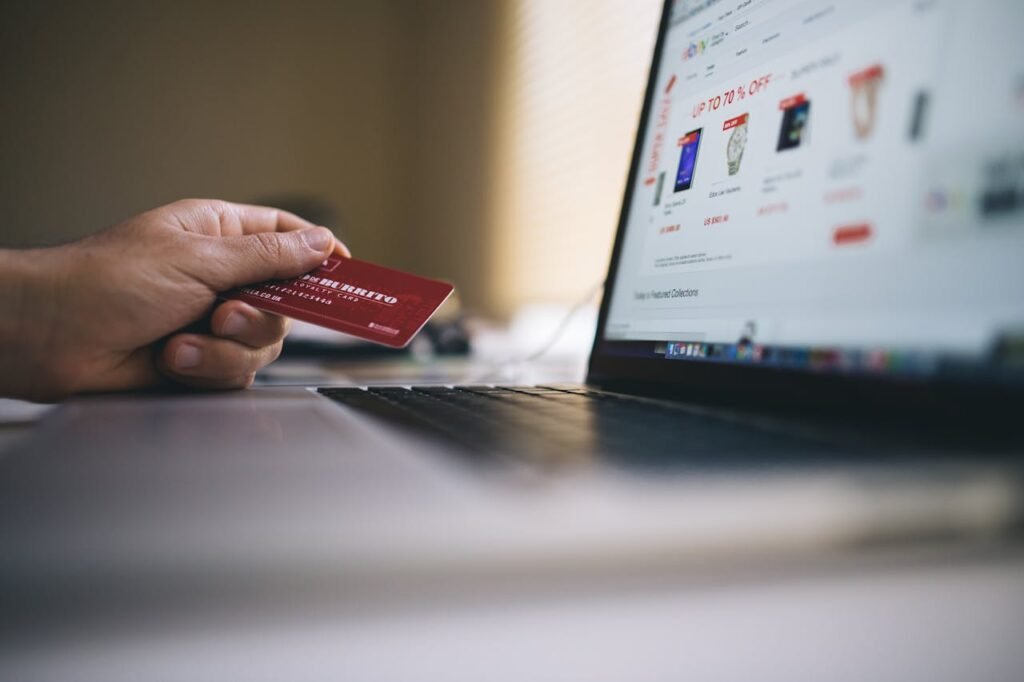With the rise of cybercrime and numerous security breaches reported by major online platforms like Facebook, maintaining online privacy has never been more crucial. Both individuals and businesses are at risk of exposing private information through poor security practices or falling victim to identity theft or phishing scams. Here are 12 essential tips to help you safeguard your online privacy.
1. Minimize Personal Details
Remove personal data from your online profiles. Avoid sharing birth dates, addresses, and locations publicly. Limit who can see what you share about your daily life and routine. – Jon Bradshaw, Calendar
2. Don’t Save Financial Info on Shopping Sites
Avoid saving your financial information on shopping websites. Instead, spend the extra time entering your info each time you make a purchase. This reduces the risk of your financial data being compromised. – Alexandro Pando, Xyrupt Technologies
3. Use Complex, Unique Passwords
Utilize complex passwords and avoid reusing them across multiple sites. A hacked account with a reused password can lead to sensitive data breaches. Always be cautious before clicking on links. – Maria Mast, Management and Network Services, LLC
4. Check Social Privacy Settings
Review and update your social media privacy settings. Ensure your profile is locked down so only friends can see it. Be mindful of what you post, avoiding oversharing personal information like phone numbers or pictures of your home and family. – Thomas Griffin, OptinMonster
5. Use the Right Tracker Blocking Tools
Install tools like Ghostery to block trackers, popups, and ads. These tools help prevent the collection of personal browsing information and can speed up page loads. – Adam Stern, Infinitely Virtual
6. Always Use a VPN
Use a virtual private network (VPN) from a reputable provider. A VPN can significantly increase your online privacy, especially when used with privacy-focused browsers like Firefox and search engines like DuckDuckGo. – Todd Rebner, Cyleron
7. Develop Smart Habits
Avoid using public Wi-Fi when possible. If you must use it, ensure you use a private VPN. Use complex passwords, disable auto-complete forms, ensure sites use HTTPS, and keep your browser updated. Use two-factor authentication for added security. – Adam Bayaa, Heal
8. Make Security a Habit, Not a Process
Regularly rotate your passwords and use a strong password manager like LastPass. Avoid entering financial information on public computers and clear your cookies frequently. – Amit Ojha, Diamond Foundry
9. Use Robust, Up-to-Date Antivirus Software
Install and maintain up-to-date antivirus software. This can protect against malware or bloatware that may spy on your activities. – Sachin Deshpande, Qualitas IT Private Limited
10. Practice Mindful Cookie Management
Manage your cookies carefully. While cookies can increase login convenience, they can also track your online activities. Regularly review and delete cookies related to personal information through your browser settings. – Arnie Gordon, Arlyn Scales
11. Don’t Give Companies Your Private Information
Be cautious about sharing personal information online. Assume that anything you write in a file, email, text, forum, or message board may become public. Encrypt private data and avoid relying on online services for sensitive information. – Chris Kirby, Retired
12. Assume There Is No Privacy
Operate under the assumption that privacy online is minimal. Take proactive steps to limit tracking and use blocking tools. Understand the trade-offs when using free services and choose platforms that prioritize privacy. – Dan Stuart, Bidvine
Final Thoughts
Maintaining online privacy requires vigilance and smart habits. By implementing these 12 tips, you can better protect your personal information and reduce the risk of cyber threats. Always stay informed about the latest privacy practices and tools to keep your online presence secure.

